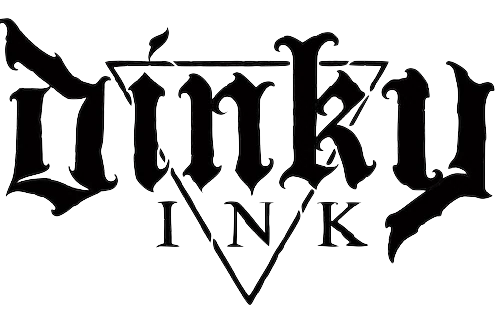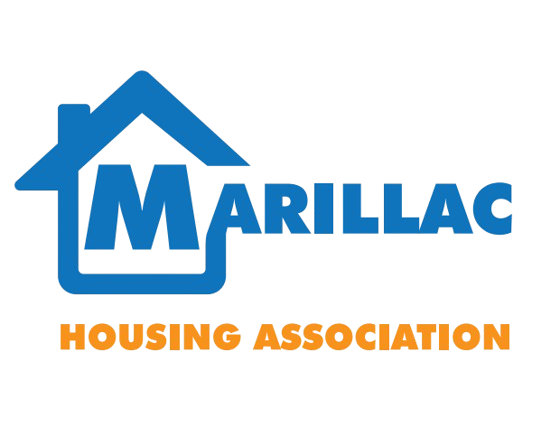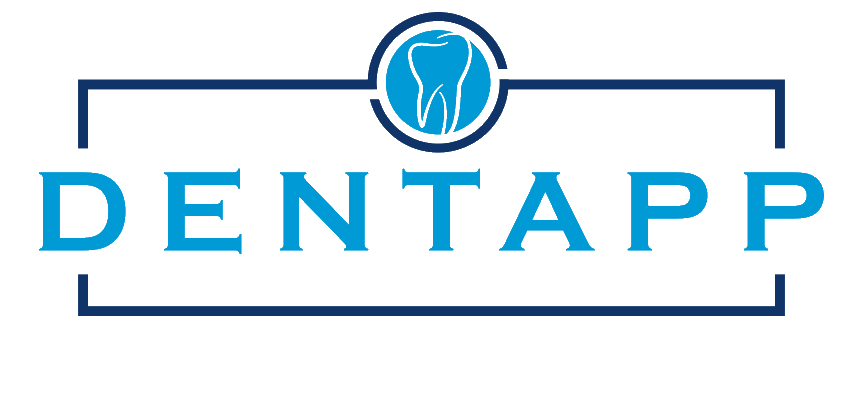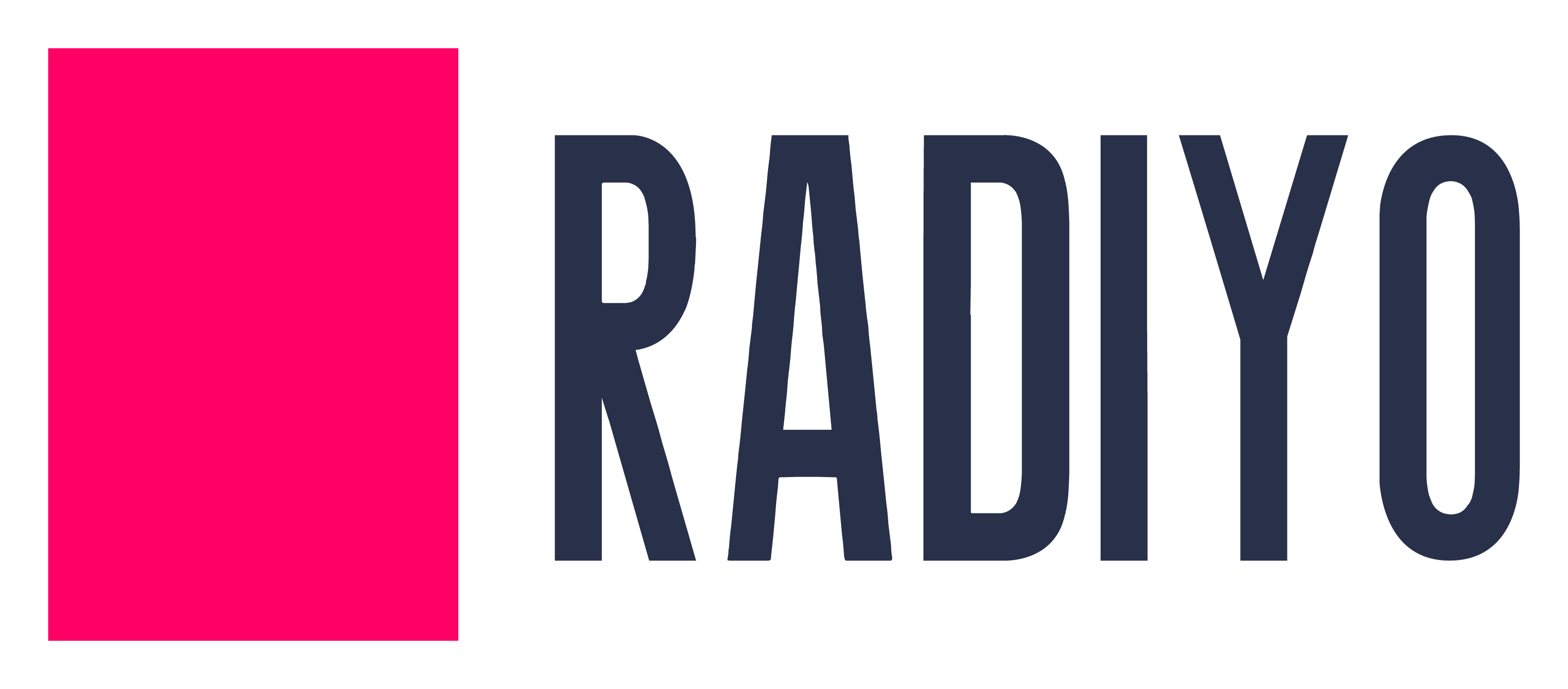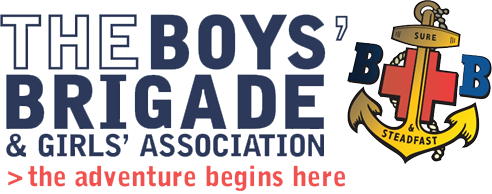Introduction
Effective bookkeeping is the backbone of any successful business, ensuring accurate financial records and compliance with tax regulations. In Ireland, businesses often face unique challenges that can lead to common bookkeeping mistakes. These errors, if left unchecked, can have severe consequences, from cash flow problems to tax penalties. This blog post delves into the most frequent bookkeeping pitfalls encountered by Irish companies, explores the repercussions of these mistakes, and offers best practices and expert strategies to prevent them. By understanding and addressing these issues, Irish businesses can achieve greater financial stability and operational efficiency.
Table of Contents
Top 5 Bookkeeping Mistakes Companies Make.
According to industry experts and accounting firms in Ireland, some of the most common bookkeeping mistakes made by Irish companies include:
Mistake No 1: Incorrect VAT Treatment:
One of the most prevalent errors is the incorrect application of VAT rules, such as claiming VAT incorrectly on non-business expenses, not entering credit notes properly, or claiming foreign VAT incorrectly. The consequences can include potential tax audits, fines, interest, and penalties from Revenue.
Mistake No 2: Failure to Reconcile Bank Statements:
Neglecting to reconcile accounting records with bank statements regularly can lead to major discrepancies and issues. Bank reconciliations help identify errors, duplicate payments, or missing deposits, ensuring accurate financial reporting.
Mistake No 3: Mixing Personal and Business Finances:
Commingling personal and business transactions makes accurate financial reporting impossible. Separate bank accounts should be used to maintain a clear distinction between personal and business finances, avoiding potential cash flow issues and tax complications.
Mistake No 4 : Not Tracking Small Expenses:
Failing to capture and record small incidental expenses can lead to significant financial discrepancies over time. Even minor expenses should be tracked and accounted for to ensure accurate profit calculations and tax filings.
Mistake No 5: Lack of Communication with Bookkeepers:
Ineffective communication between business owners and bookkeepers can result in incomplete or inaccurate financial records. Bookkeepers must be informed of all relevant transactions, such as bonuses, personal funds used for business expenses, or cash transactions, to maintain accurate books.
If you are a Sole Trader read : Top 10 Bookkeeping Mistakes Sole Traders Should Avoid.
Quick Information
Ready to optimise your financial strategies?

What are the Best Practices for Bookkeeping?
To maintain accurate financial records and avoid costly mistakes, Irish businesses should follow these best practices:
Regular Bank Reconciliations:
Reconcile bank and financial accounts regularly, comparing records with statements to catch discrepancies promptly.
Accurate Expense Categorisation:
Develop a consistent system for categorising expenses, regularly reviewing the chart of accounts to accommodate changes.
Timely Invoicing and Payment Tracking:
Invoice clients promptly and implement a robust system for tracking payments to improve cash flow and manage receivables.
Regular Financial Reviews:
Schedule regular reviews of income statements, balance sheets, and cash flow statements to identify trends, make strategic decisions, and catch discrepancies.
Data Backups:
Implement a robust data backup system for all financial records, regularly testing the backup process to ensure data security and recoverability.
Compliance with Tax Regulations:
Stay informed about changes in tax laws and regulations, working with qualified accountants to ensure accurate and timely tax filings.
Documentation and Audit Trail:
Maintain a comprehensive audit trail for all financial transactions, keeping copies of invoices, receipts, and supporting documents organised and accessible.

What are the Consequences of Bookkeeping Mistakes?
The consequences of poor bookkeeping practices can be severe and far-reaching for Irish businesses. Some potential consequences include:
Cash Flow Issues:
Failing to accurately track books can lead to cash flow problems, such as delayed payments, credit issues, or account overdrafts.
Missed Tax Deadlines:
Unorganised record-keeping can result in last-minute panic and missed tax filing deadlines, potentially leading to fines or audits.
Overspending:
Without proper expense tracking, businesses may overspend or approve unnecessary expenses, leading to financial strain.
Undercharging:
Inaccurate cost tracking can result in underpricing products or services, leading to lower profit margins than expected.
Compliance Issues:
Poor bookkeeping can make it difficult to be fully compliant with tax regulations, potentially resulting in additional costs or penalties.
Incorrect Financial Reporting:
Inaccurate financial records can distort a company’s financial picture, hindering informed decision-making and future planning.
Expert Strategies to Prevent Bookkeeping Errors.
To mitigate the risk of bookkeeping errors and maintain financial accuracy, Irish businesses should consider implementing the following expert strategies:
We are here to help
Need more info or help with your business accounts?
Our team are here to help. If you’re working on something and aren’t sure where to go next, our excellent customer service team are there to help.
Expert Bookkeeping Recommendations
As the business landscape in Ireland continues to evolve, industry experts and accounting firms offer the following recommendations for effective bookkeeping:
By following these expert recommendations and implementing robust bookkeeping practices, Irish businesses can maintain accurate financial records, ensure compliance, and make informed decisions for long-term success.
4 Key Takeaways
- The top bookkeeping mistakes made by Irish companies include incorrect VAT treatment, failure to reconcile bank statements, mixing personal and business finances, not tracking small expenses, and lack of communication with bookkeepers.
- Consequences of these mistakes can be severe, including potential tax audits, fines, penalties, cash flow issues, missed tax deadlines, overspending, undercharging, and incorrect financial reporting.
- Best practices for bookkeeping in Ireland involve regular bank reconciliations, accurate expense categorisation, timely invoicing and payment tracking, regular financial reviews, data backups, compliance with tax regulations, and maintaining a comprehensive audit trail.
- Expert strategies to prevent bookkeeping errors include using accounting software, outsourcing to professionals, implementing internal controls, separating personal and business finances, and fostering a culture of precision and diligence.





















